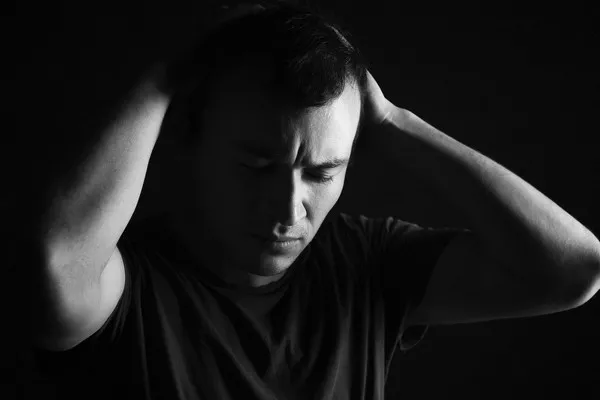Massage is a popular form of physical therapy that involves manipulating muscles, tendons, and other soft tissues in the body to promote relaxation, reduce
Massage is a popular form of physical therapy that involves manipulating muscles, tendons, and other soft tissues in the body to promote relaxation, reduce tension and pain, and improve overall well-being. While most people are aware of the physical benefits of massage, such as improved circulation and muscle relaxation, many are unaware of the psychological effects that massage can have. In this article, we will explore some of the psychological effects of massage.
- Reduced Anxiety and Depression
One of the most well-known psychological benefits of massage is its ability to reduce anxiety and depression. Massage therapy has been shown to decrease cortisol levels, a hormone associated with stress, and increase the production of dopamine and serotonin, neurotransmitters that promote feelings of happiness and well-being. This can help alleviate symptoms of anxiety and depression and improve overall mood.
- Improved Sleep
Massage has also been shown to improve sleep quality. Research suggests that massage therapy can increase the production of delta waves, a type of brain wave associated with deep sleep. By promoting relaxation and reducing tension, massage can help people fall asleep more easily and sleep more deeply.
- Reduced Stress
Another psychological benefit of massage is its ability to reduce stress. Studies have shown that massage therapy can reduce the symptoms of stress, such as muscle tension, headaches, and fatigue. By promoting relaxation and reducing the physical symptoms of stress, massage can help people better manage the stressors in their daily lives.
- Increased Mindfulness
Massage therapy can also increase mindfulness, or the ability to be present and fully engaged in the present moment. By promoting relaxation and reducing distractions, massage can help people focus their attention on their body and their breath. This can help people become more mindful and aware of their thoughts and emotions, which can lead to greater emotional stability and self-awareness.
- Improved Body Image
Finally, massage therapy can improve body image. Many people feel self-conscious about their bodies, which can lead to negative self-talk and feelings of low self-esteem. Massage can help people become more comfortable with their bodies by promoting self-care and self-love. By promoting feelings of relaxation and acceptance, massage can help people feel more confident and positive about their bodies.
In conclusion, massage therapy has numerous psychological benefits. By promoting relaxation, reducing stress, and improving mood, sleep, and mindfulness, massage can have a profound effect on mental and emotional well-being. If you are interested in trying massage therapy, it is important to find a licensed and experienced massage therapist who can provide safe and effective treatment.


























